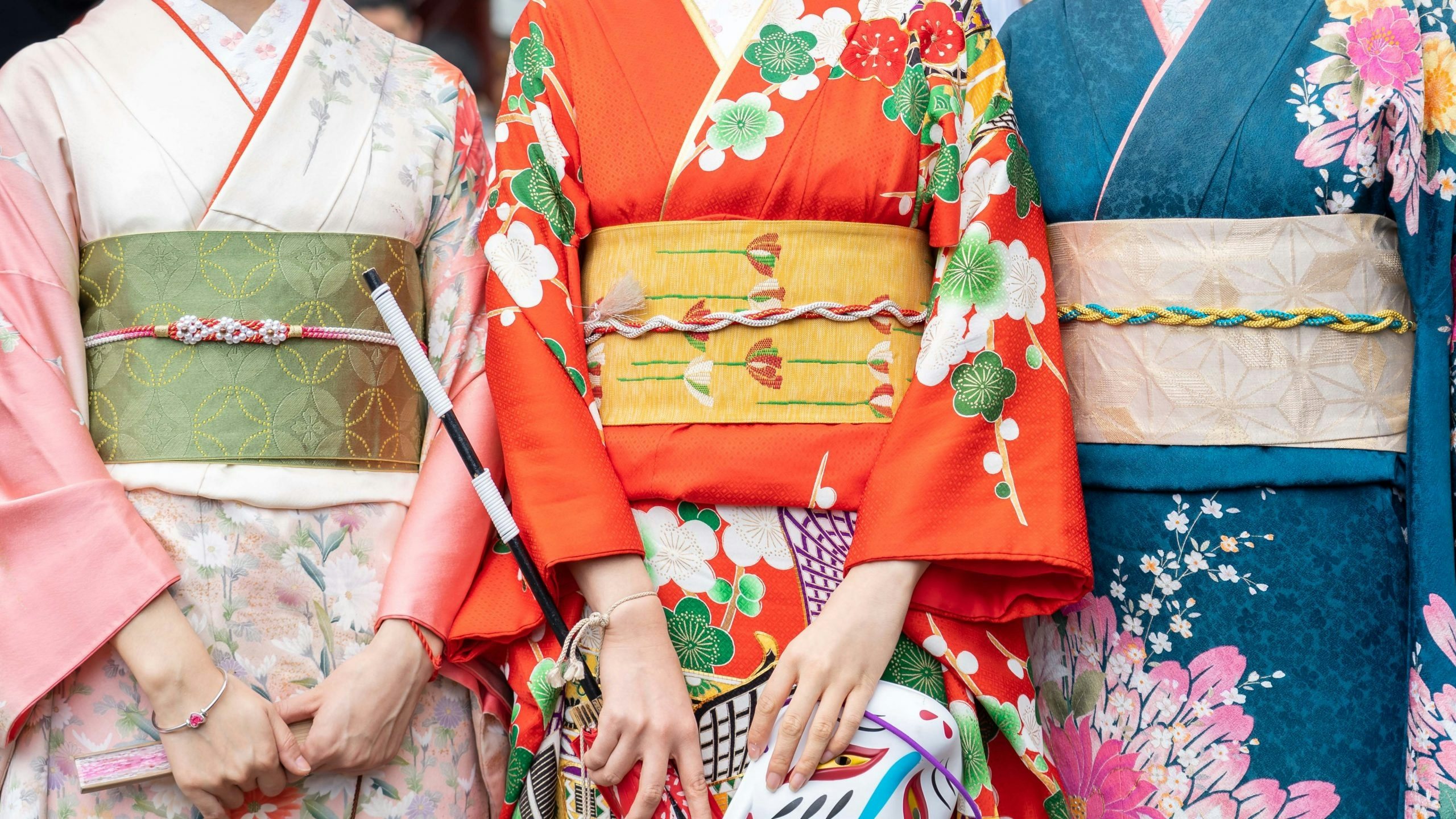What happened
In China, clothing that is considered “offensive” may soon incur charges, if not detainment, for their wearers.
Last week, a deadline passed for the public to submit their opinion on a proposed law change that would ban clothing that “harms the spirit of the Chinese nation, or hurts the feelings of the Chinese nation.”
Under the new amendment, which is part of China’s Public Security Administration Punishment Law, violators could be detained for up to 15 days and fined 5,000 RMB (681).
While the proposed amendment, dubbed Article 34, doesn’t define what type of clothing would break the law, recent incidents spring to mind.
In 2022, a Chinese anime fan was detained for donning a kimono; that same year, Chinese sportswear brand Li-Ning caused an uproar with runway outfits that were called out for resembling Japanese soldiers’ uniforms during World War II — Japanese military uniforms have been outlawed in China. And finally, in early October, a group of tourists in Wuhan were expelled from a park because their hanfu, or traditional Chinese attire, were mistaken for kimonos.
Chinese netizens have raised concerns that the suggested amendment would hand too much power to police, and could be unfairly applied due to its vague language. “What if you wore white clothes with red polka dots, and someone insists you are wearing the Japanese flag all over your body and is offended?” wrote Weibo user Chatting about spring 301 (聊赠一枝春301).
The suggested change has ignited a heated debate across Weibo, where the hashtag Article 34 (#治安管理处罚法修订草案第三十四条) has generated over 2.5 million views to date.
The Jing Take
Although the amendment has yet to be implemented, the discussion around Article 34 highlights China’s evolving attitudes towards societal norms and values.
From a brand perspective, businesses will need to be mindful of cultural nuances and sensitivities when marketing in China. Building up a sophisticated knowledge of historical and cultural elements in modern Chinese history and staying abreast of ongoing changes is one way to reduce the risk of falling foul of the law, or riling consumers.
The amendment doesn’t include a definition of offensive attire, so brands will need to wait and see which items authorities deem inappropriate when and if charges take place.

The Public Security Administration Punishment Law is being updated to take account of the rapid economic and social changes that have occurred since it was first brought in 18 years ago.
“The intention behind this legislation is acceptable, but the problem lies in the vagueness of the proposed revisions, making it difficult to determine. What one person considers as harming national sentiments, another may not perceive it that way,” said Professor Shen Kui, a legal scholar at Peking University Law School.
Netizens say potentially arbitrary enforcement reminds them of incidents when law enforcers curtailed their freedom of movement during the Covid-19 pandemic.
Draft amendments cover a range of public safety issues, but Article 34 sparked particular concerns as it comes against a backdrop of deteriorating China-Japan relations, and fears around contaminated water released on August 24 from the Fukushima nuclear power plant.
In light of the rising tension between Japan and China, some question whether activities like watching anime or eating sushi could also be deemed as harming the national spirit. However, other commenters say fears over Article 34 are overblown.
The Jing Take reports on a piece of the leading news and presents our editorial team’s analysis of the key implications for the luxury industry. In the recurring column, we analyze everything from product drops and mergers to heated debate sprouting on Chinese social media.


